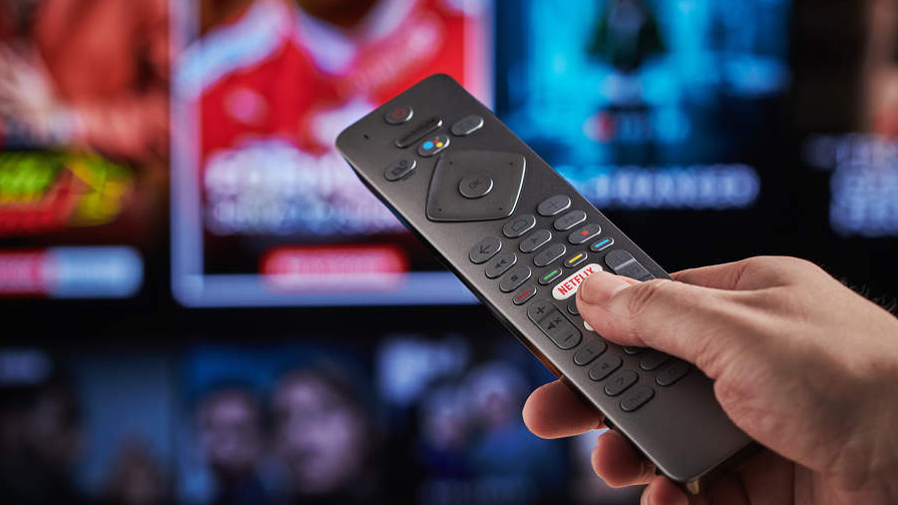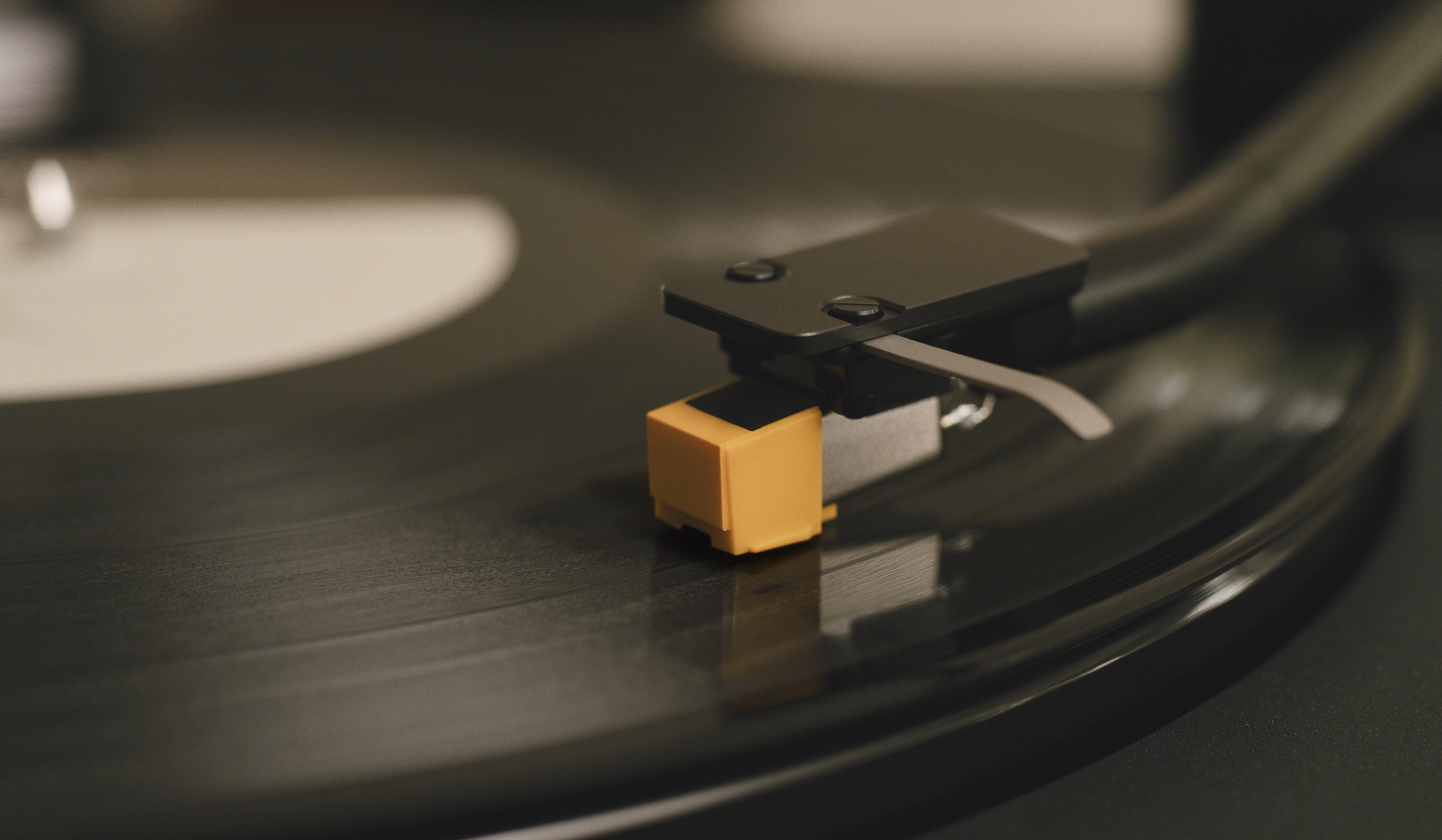Netflix subscriber figures dip for the first time in a decade – will password sharing be scrapped?
Bad news for moms everywhere

Netflix has reported a loss in subscriber numbers for the first time in 10 years after having raised its prices in January.
In a letter to shareholders yesterday, the company reported a global net loss of 200,000 paid users in the first three months of 2022 compared to Q4 of the previous year. Netflix said it is braced to lose a further two million more subscribers before July.
The company gained 2.5m subscribers during Q1, compared to 4m in the same period one year ago, but significant losses were incurred after the service pulled out of Russia (700,000 subscribers), while 600,000 users stopped paying for the service in the US and Canada after it increased its prices at the start of the year.
With 222m paid users, Netflix still easily retains its position as the undisputed video streaming market leader. However, after its acknowledgment that revenue growth had slowed considerably, shares in the streaming giant dropped by more than 25 per cent, wiping more than £23bn ($30bn/AU$40.3bn) off its market value on Tuesday night.
In its letter to shareholders, Netflix painted a gloomy outlook despite the sign-up boom it experienced during the first year of the COVID-19 pandemic, saying that “Covid clouded the picture by significantly increasing our growth in 2020, leading us to believe that most of our slowing growth in 2021 was due to the Covid pull forward”.
The service suggested that it was in some ways a victim of its own success and indicated that users sharing passwords were partially to blame for its struggles. "Our relatively high household penetration - when including the large number of households sharing accounts - combined with competition, is creating revenue growth headwinds," it said.
Globally, more than 100m households are estimated to be sharing Netflix accounts. While sharing passwords outside of a household violates Netflix's terms of service, it’s long been a common practice that the company has recognised as one of its most vital marketing tools. CEO Reed Hastings even called it “a positive thing” back in 2016.
The latest hi-fi, home cinema and tech news, reviews, buying advice and deals, direct to your inbox.
That may have been the case when we were first introduced to the delights of streaming, but with the global rise in the cost of living and the increasingly competitive digital marketplace now populated by multi-revenue stream companies such as Amazon, Apple and Disney, Netflix’s once laidback attitude is inevitably shifting.
The service has previously trialed restrictions on password sharing with verification codes and is currently testing a new feature in Chile, Costa Rica and Peru where subscribers can add up to two cheaper sub-accounts for people outside of their homes.
In a video message regarding the shareholders' announcement, Netflix chief operating officer Greg Peters implied that any global rollout of more stringent account sharing protocols would be some way off, saying: “Just to set your expectations, my belief is that we’re going to go through a year or so of iterating and then deploying all of that."
But a clampdown is undoubtedly forthcoming. Peters clarified the company's position by saying: “If you’ve got a sister that’s living in a different city, you want to share Netflix with her, that’s great; we’re not trying to shut down that sharing. But we’re going to ask you to pay a bit more to be able to share with her, so she gets the benefit and the value of the service, but we also get the value of the revenue associated with that viewing.”
Hastings echoes those sentiments: “We’re working on how to monetise sharing. You know, we’ve been thinking about that for a couple of years. But [...] when we were growing fast, it wasn’t the high priority to work on. And now we’re working super hard on it. Remember, these are over 100 million households that already are choosing to view Netflix. They love the service. We’ve just gotta get paid in some degree for them.”
While Netflix is increasing its prices, other services are looking to cheaper ad-supported tiers to retain users. Disney has confirmed that it will add a new ad-supported subscription to its Disney Plus streaming service in the US from late 2022 and is set to expand internationally in 2023. In the US, both HBO Max and Peacock also have ad-supported tiers that save customers $5 on their monthly fee (though on former content is limited to HD instead of 4K), while the ad-supported version of Hulu (owned by Disney) is $6 cheaper than the top tier.
Previously, Netflix has always said adverts are not on the cards, despite recent hints that that could change. But on Tuesday, Hastings admitted that it was "pretty clear" that an ad-supported strategy was working for the competition. "Those who have followed Netflix know that I've been against the complexity of advertising and a big fan of the simplicity of subscription. But, as much as I'm a fan of that, I'm a bigger fan of consumer choice," he said.
MORE
10 of the best music documentaries to watch on Netflix this weekend
Cancelling Netflix? This is the streaming service for real movie fans
3 best sports documentaries to watch on Netflix (that aren't Drive to Survive)
Mary is a staff writer at What Hi-Fi? and has over a decade of experience working as a sound engineer mixing live events, music and theatre. Her mixing credits include productions at The National Theatre and in the West End, as well as original musicals composed by Mark Knopfler, Tori Amos, Guy Chambers, Howard Goodall and Dan Gillespie Sells.
